
Energy, and in particular electrical energy, is central to Ontario’s standard of living. Indeed, access to affordable and reliable electricity separates the rich from the poor of the world. In the future, it is reasonable to project that access to not only affordable and reliable electricity, but also environmentally sustainable electricity will separate successful from failed communities.
The model of electricity production that has been successful for Ontario and countless other communities, has been to exploit the powerful economies of scale of large-scale centralized generation plants and to transport that energy to customers over a vast network of high and low voltage electricity transmission and distribution wires.
This model has enormous cost advantages. Yet it is increasingly being stressed by popular rejection of both large-scale generating plants in some communities and, perhaps far more importantly, public opposition to the construction of interlocking transmission and distribution lines across the entire province. Moreover, First Nations have become much more actively involved in the development of Ontario’s electricity system; and any future development must take the interests of these communities into account.
Is this traditional model still viable? Are there purely regulatory barriers that need to be streamlined? Can they be streamlined, while still being rigorous, open, transparent, and unbiased? These questions need open and thoughtful review.
Alternatively, is there another model? Energy security is an ambition that need not be limited to nation states or regions. It is every community’s dream, perhaps every person’s dream, to be self-sufficient in the production of such a crucial input to prosperity as electrical energy. Typically, discussion of this ambition comes under the general heading of “distributed generation”.
The central questions for distributed generation are ones of cost, reliability, and environmental impact. Are distributed generation technologies available at an affordable price? Are they reliable and environmentally acceptable? If not, why not? Are there barriers which are purely regulatory and therefore subject to policy change? These are the central questions that must be addressed if any alternative electricity future is to be embraced by public policy.
The Council for Clean & Reliable Energy, Queen’s University Institute for Energy and Environmental Policy, and the Waterloo Institute for Sustainable Energy partnered in presenting the conference dedicated to addressing these critical questions. In a world of so much international uncertainty, the answers are crucial to Ontario’s prospects for continued prosperity.
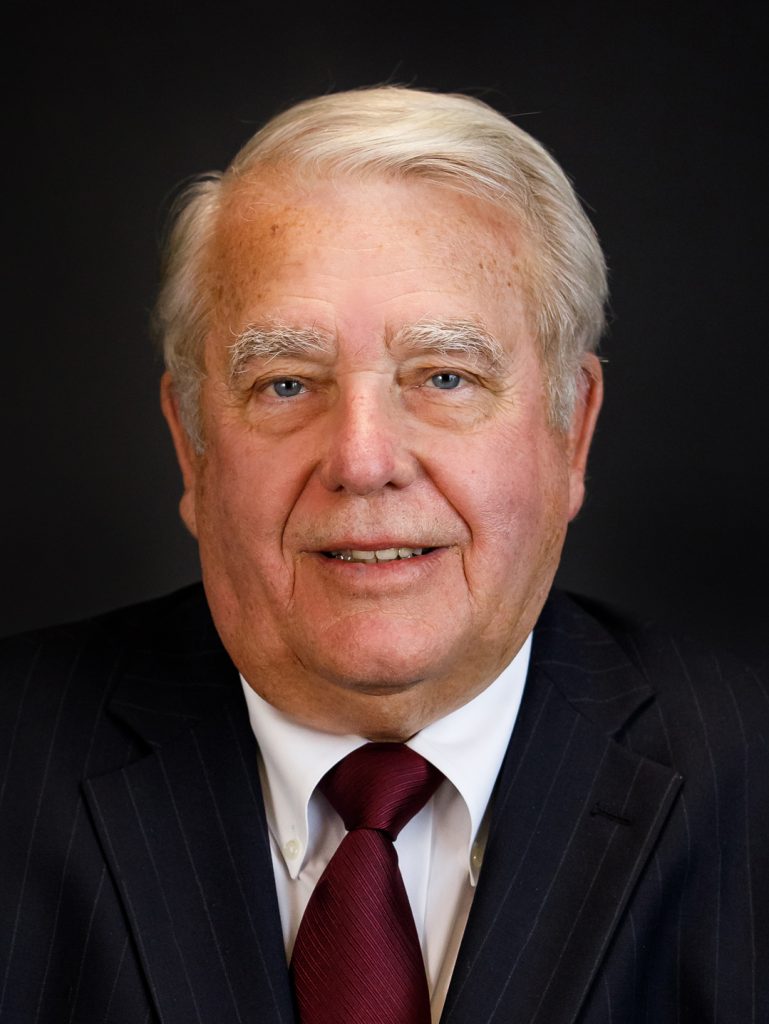
Council for Clean & Reliable Energy
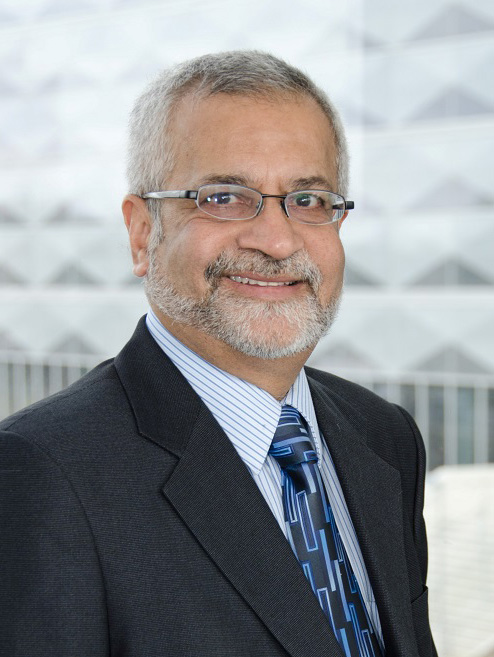
Executive Director WISE,
University of Waterloo
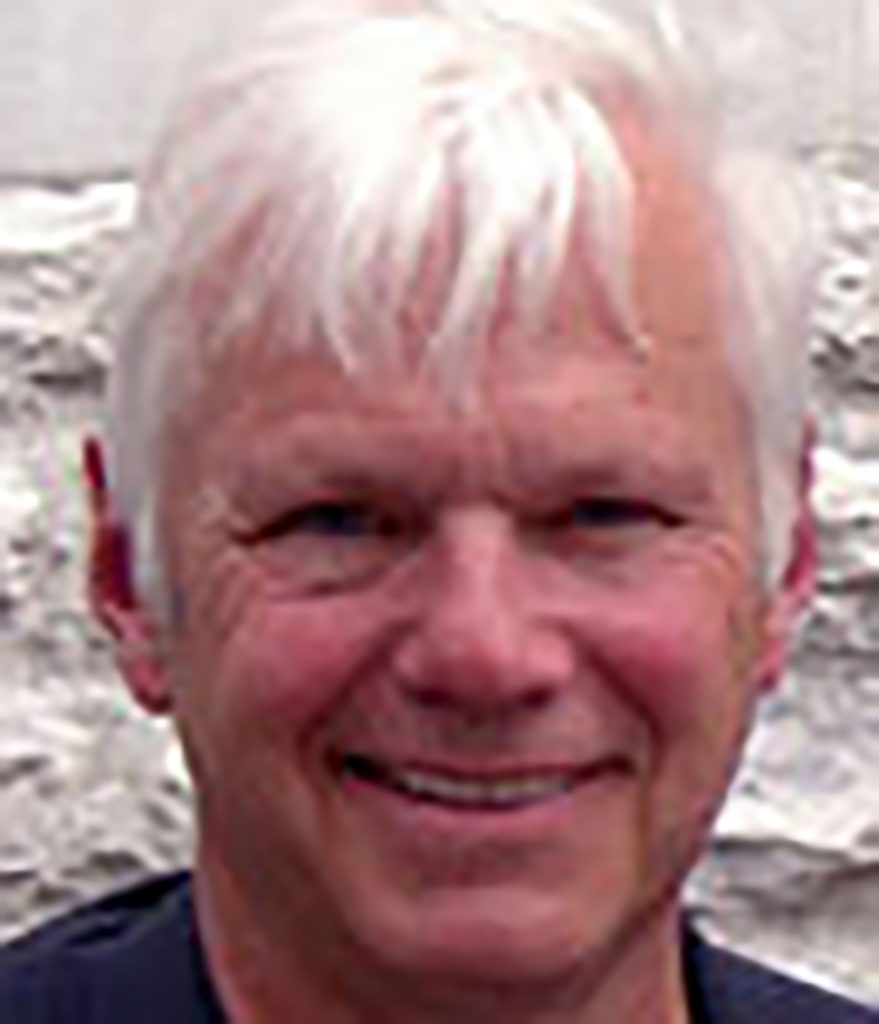
Executive Director,
Queen’s University Institute for Energy and Environmental Policy
Keynote Speakers
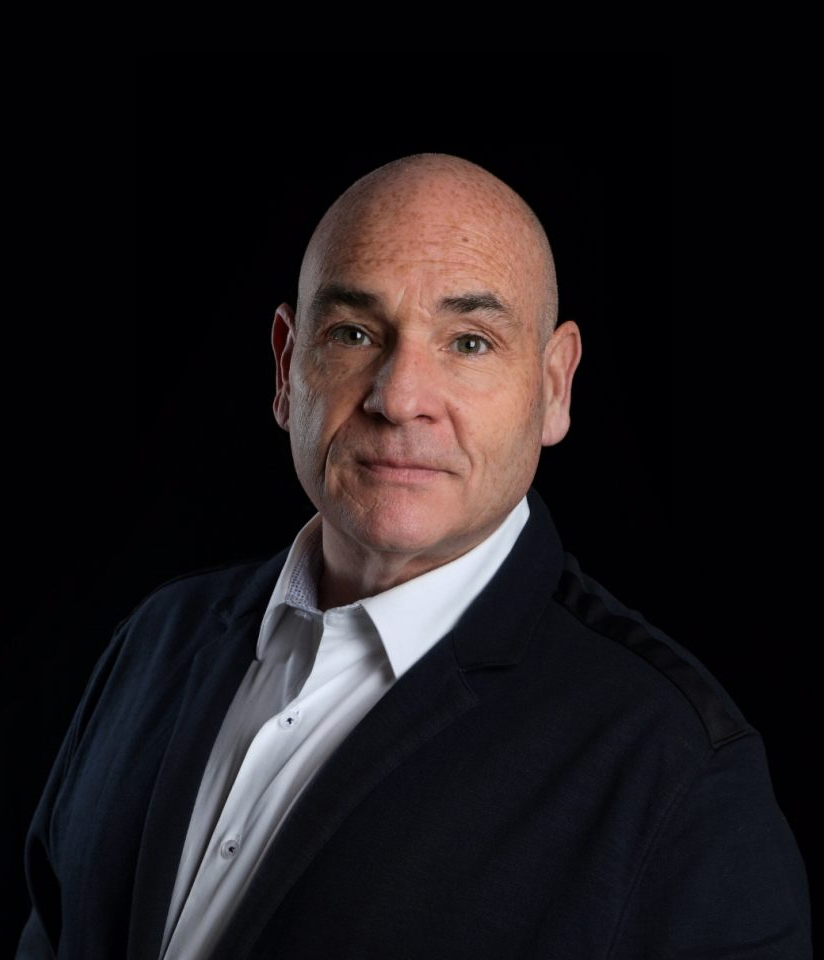
Deputy Premier of Ontario
Minister of Energy and Infrastructure
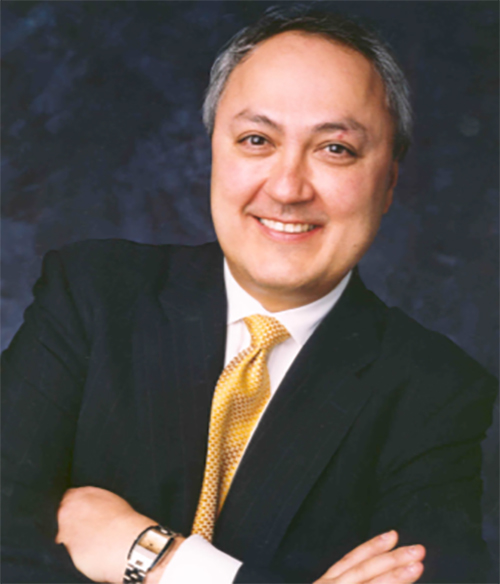
President and CEO
Bell and Bernard Ltd.
Presentations
Panel Presentations
Ontario’s Transmission Requirements
Distributed Generation and Ontario’s Transmission Requirements: Ken Kozlik, Chief Operating Officer, IESO (PDF)
New Issues in Regulatory Treatment of Transmission Requirements: George Vegh, McCarthy Tétrault (PDF)
Power System Requirements and Distributed Generation Within Ontario: Joe Toneguzzo, Director, Implementation and Policies, Ontario Power Authority (PDF)
Regulatory and Political Constraints
Distributed Generation – Regulatory and Political Constraints: Mike Richmond, McMillan Binch Mendelsohn, Partner and Co-Chair, Energy Law (PDF)
Distributed Generation in the Ontario Regulatory Context: James C. Sidlofsky, Partner, Borden Ladner Gervais, Chair, Distributed Generation Task Force (PDF)
Energy Projects in Ontario – Aboriginal Consultation: Paul H. Manning, Willms & Shier, Environmental Lawyers (PDF)
Distributed Generation and LDCs
Distributed Generation Resources – Promises and Potential: Prof. Jatin Nathwani, Executive Director, WISE (PDF)
Plasco Conversion System Distributed Generation – Bradley Smith, Vice President, Business Development, Plasco Energy Group Inc. (PDF)
Distributed Generation – The Prospects and Problems as Seen by the LDC: Rene W. Gatien, President and CEO, Waterloo North Hydro Inc. (PDF)
Transmission Distribution Systems Futures?
Technical and Commercial Factors in Developing Tomorrow’s Grid: Jan Carr, Corporate Director and former CEO, Ontario Power Authority (PDF)
Remarks by Don MacKinnon, President, Power Workers’ Union (PDF)
Whither/Wither Ontario’s Power Grid: Steve Dorey, Vice-President, External Relations, Hydro One Networks Inc. (PDF)
The Need for Smart Grid Technologies in Ontario – Why we need solutions that enable DG: Robert Stasko, Director, Business Development, Ontario Centre of Excellence for Energy(PDF)
Reports
Expediting Regulatory Approvals: Understanding Key Issues for Renewable Energy Projects: Paul Manning and Jennifer Agnolin, Willms & Shier, Environmental Lawyers LLP (PDF)
Supporters













